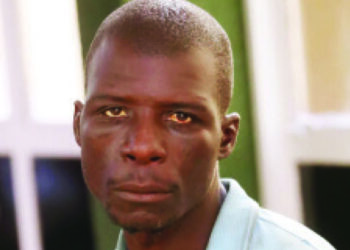95 March 31st protesters were denied bail by Harare magistrate Isheanesu Matova after they were accused of organizing unlawful protests against Zimbabwean President Emmerson Mnangagwa.The court agreed with the prosecution’s argument that releasing the defendants could lead to renewed demonstrations. Magistrate Matova stated,
“Public safety considerations necessitate keeping the accused in custody, as their release might provoke further unrest and allow them to reconnect with protest organizers.”
Prosecutors presented evidence suggesting the group had assembled at Freedom Square (officially Robert Mugabe Square) with plans to march through Harare’s streets. Authorities allege the demonstrators intended to confront the presidential residence ultimately.
According to court documents, the accused were reportedly chanting slogans demanding Mnangagwa’s resignation and preparing makeshift barricades using stones, bricks, and tyres along Robert Mugabe Road. Security forces intervened when approximately 200 protesters allegedly began hurling projectiles at police officers.
The prosecution highlighted that participants documented their activities through photos and videos later shared on various digital platforms. This social media evidence reportedly led to the identification and subsequent arrest of one suspect at his private residence.
The protests were allegedly inspired by calls from exiled former ZANU-PF member Blessed Geza, a vocal supporter of Vice President Constantino Chiwenga, who has accused Mnangagwa’s administration of corruption and financial mismanagement.
While 95 defendants will return to court on April 24 for further proceedings, three individuals face separate hearings. The charges stem from Zimbabwe’s laws regarding unlawful gatherings and alleged incitement to public violence.
This case continues to draw attention as it touches on Zimbabwe’s ongoing political tensions and the balance between protest rights and public order maintenance.










